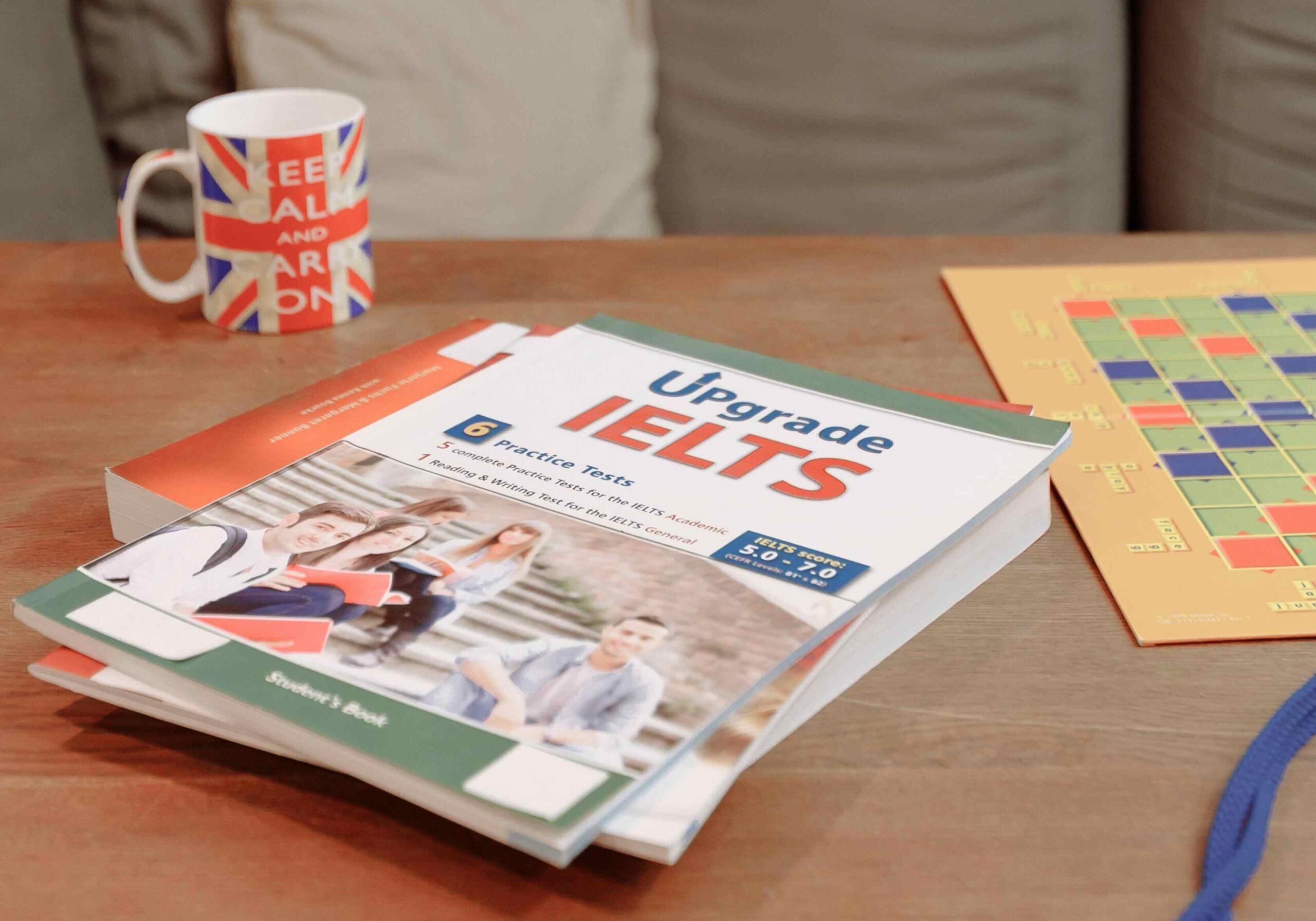
Benefits of Language Exchange Programs
Article Level: A2
Explanation: This article explores the benefits of language exchange programs, highlighting how they accelerate language learning. It discusses how real-life conversations, practice with native speakers, cultural exchange, and relaxed, cost-effective environments help learners improve their skills.
Read more: Benefits of Language Exchange ProgramsCommonly Used Words from the Article
-
Pronunciation /prəˌnʌnsiˈeɪʃn/ (noun): The way in which a word is spoken.
She helped me with my pronunciation. -
Native /ˈneɪtɪv/ (adjective): Someone who speaks a language as their first language.
He is a native Spanish speaker. -
Relaxed /rɪˈlækst/ (adjective): Feeling calm and comfortable.
I feel relaxed when I practise in a language exchange. -
Informal /ɪnˈfɔːml/ (adjective): Relaxed, friendly, or unofficial.
The language exchange is an informal meeting. -
Culture /ˈkʌltʃə/ (noun): The ideas, customs, and way of life of a group of people.
Learning about the culture helps me understand the language
Audio File of the Article

Benefits of Language Exchange Programs: How Participating in Language Exchanges Can Accelerate Language Learning
Language exchange programs are a fun and effective way to learn a new language. They allow people from different countries to practise speaking and listening in a relaxed environment. By joining a language exchange, you can speak with native speakers, improve your vocabulary, and gain confidence in using the language. Let’s explore how participating in these programmes can help you learn a language faster.
Real-Life Conversations
One of the biggest benefits of a language exchange is the chance to have real conversations. In a classroom, you often follow a set plan and speak in a controlled environment. However, language exchanges are more natural. You can talk about your interests, share stories, or ask questions about the culture. This helps you practise speaking as you would in daily life. The more you speak, the more comfortable you become.
Learning From Native Speakers
Language exchange programs give you the chance to practise with native speakers. This is one of the best ways to learn a language because native speakers know the correct pronunciation and common phrases that are not always in textbooks. They can also teach you idioms and informal expressions that make your speech more natural. This helps you understand the language in a deeper way and improves your listening skills as well.
Cultural Exchange
Another great benefit of language exchanges is the opportunity to learn about another culture. As you speak with someone from another country, you not only practise the language but also learn about their traditions, food, and way of life. This cultural knowledge can help you understand the context of certain words or phrases, making the language easier to learn. Plus, it’s always exciting to discover new things about the world!
A More Relaxed Learning Environment
In traditional language classes, you might feel nervous or worried about making mistakes. However, language exchanges are usually informal, so you can feel more relaxed. When you are comfortable, it is easier to practise speaking and improve your skills. You can make mistakes and learn from them without feeling embarrassed. This makes learning more enjoyable and helps you progress faster.
Cost-Effective Learning
Many language exchange programs are free, making them a cost-effective way to learn. You can find online platforms or local events where you can meet other language learners. All you need is a little time and a willingness to communicate. You give your language skills and, in return, you get the chance to practise a new language. This makes language exchanges accessible for everyone.
Conclusion
Language exchange programs offer many benefits that can accelerate your language learning. From practising with native speakers to learning about new cultures, these programmes provide real-life experiences that help you improve your skills. They are also a relaxed and cost-effective way to become more confident in using a new language. So, if you want to learn a language quickly and enjoy the process, a language exchange might be just what you need.

Grammar Notes
-
Present Simple Tense: Used to talk about facts and routines, such as “Language exchanges are a fun way to learn.”
-
Modal Verbs: Used to express ability and possibility, for example, “You can talk about your interests.”
-
Comparatives: Used to compare things, such as “Language exchanges are more natural.”
-
Prepositions: Used to show relationships in time, space, or movement, such as “In traditional language classes.”
Quick Grammar Lesson: Present Simple Tense
This tense is used for regular actions and facts.
For example, “Language exchange programs are helpful.”
Form: Subject + base verb (e.g., I speak, you listen, she practises)
It’s important to remember that for he/she/it, we add an “s” to the verb (e.g., “She speaks.”).

Five Questions Based on the Article
-
What are the main benefits of a language exchange program?
-
Why is practising with native speakers helpful in language learning?
-
How can learning about another culture help with language learning?
-
Why do some people feel more comfortable in a language exchange than in a classroom?
-
How can a language exchange be cost-effective?

Five Questions Based on the Article (A2 Level)We’d love to hear your thoughts! Join the conversation by leaving a comment below. Sharing your insights, questions, or experiences can help you connect with others in our English learning community. It’s a great way to practice your English skills, engage with like-minded individuals, and improve together. Don’t be shy—jump in and let’s keep the discussion going!

 EnglishMasteryHub
EnglishMasteryHub